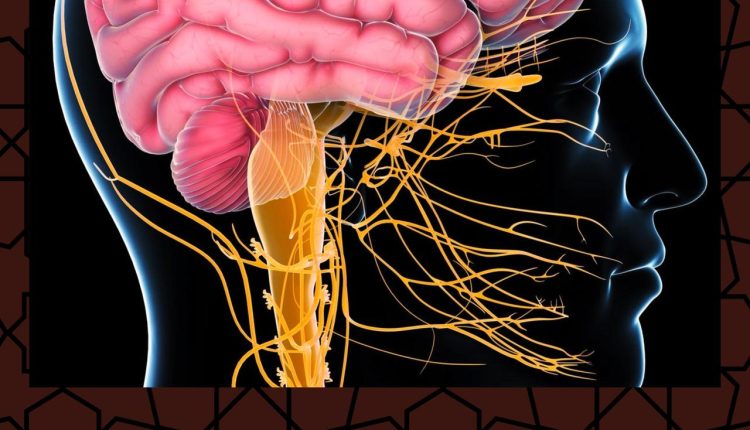The technological advancements witnessed by humanity today, particularly in the realm of artificial intelligence (AI), represent one of the most transformative shifts in modern history. AI, which encompasses a range of technologies aimed at mimicking human intelligence in machines, is set to play a pivotal role in shaping the future of societies in the coming decades. With research and innovations in this field accelerating at an unprecedented pace, it is crucial to understand how societies are preparing for this technological revolution and how they are addressing the challenges and opportunities it presents.
Artificial Intelligence: A Historical Overview
The concept of artificial intelligence emerged in the latter half of the 20th century, when scientists developed computer programs capable of performing tasks that required human-like intelligence, such as strategic games and problem-solving. Since then, the field has seen tremendous evolution. Initially, software was simple, but over time, with advancements in computing power and the availability of vast amounts of data, AI systems have become more complex, capable of learning, adapting, and improving over time.
AI in Modern Society
AI is now an integral part of our daily lives and is embedded in many applications we use regularly, such as search engines, digital assistants, and online recommendation services. At the same time, researchers are developing new applications in fields such as healthcare, education, and transportation.
1. Healthcare: AI has the potential to revolutionize healthcare by improving disease diagnosis, personalizing treatment, and predicting disease outbreaks. For example, AI-powered technologies can analyze medical images with higher accuracy than human doctors, leading to faster and more precise diagnoses.
2. Education: AI can enhance the learning experience by tailoring educational content to individual students’ needs. AI-driven educational systems can provide immediate feedback and help students improve their academic performance.
3. Transportation: In the transportation sector, AI technologies play a crucial role in the development of autonomous vehicles. These vehicles have the potential to reduce accidents, increase traffic efficiency, and contribute to lower carbon emissions.
Societal Preparations for the Technological Revolution
As AI technology advances rapidly, societies around the world are working to prepare for this technological revolution to maximize its benefits and mitigate potential risks. Efforts to prepare can be summarized as follows:
1. Education and Training: Education and training in AI are among the top priorities for societies. This includes integrating AI topics into school and university curricula and providing training programs for professionals across various sectors. The goal is to equip a generation capable of handling and adapting to new technologies.
2. Policies and Regulations: Governments are investing in developing policies and regulations to govern the use of AI and ensure respect for human rights and privacy. This involves setting clear rules for data handling and monitoring AI applications in sensitive areas such as security and employment.
3. Research and Innovation: Many governments and major companies are supporting AI research and innovation. This is achieved through funding for research, establishing specialized innovation centers, and promoting collaboration between the academic and industrial sectors.
4. Addressing Ethical Challenges: The use of AI raises several ethical issues, such as bias in algorithms and its societal impact. Ethical committees and research groups are working to develop guidelines to ensure that AI is used fairly and transparently.
5. Enhancing Transparency and Trust: Building public trust in AI technology is crucial. This involves increasing transparency about how AI systems work and how decisions are made, as well as providing clear information about the technology.
Economic and Social Impacts
1. Impact on the Job Market: AI is likely to have a significant impact on the job market, potentially automating many routine jobs. However, it may also create new jobs in areas such as software development, data analysis, and maintenance of AI systems.
2. Impact on the Global Economy: AI has the potential to boost economic growth by improving efficiency and productivity across various industries. It can also lead to the development of new products and services, opening up new markets and investment opportunities.
3. Social Impacts: AI can also affect social life, including changes in how people interact with technology and each other. For instance, social robots may improve care for the elderly and people with special needs.
Future Challenges
1. Security and Privacy: With the growing use of AI, concerns about security and privacy are increasing. It is essential to develop technologies and frameworks to protect personal data and prevent misuse of technology.
2. Digital Divide: The increased reliance on AI may exacerbate the digital divide between developed and developing countries. Steps need to be taken to ensure equitable access to technology and its benefits for everyone.
3. Cultural and Identity Impact: AI technology may influence cultural and national identities by changing how people communicate and interact. These impacts should be considered when developing cultural and educational policies.
Conclusion
Artificial intelligence represents one of the most significant challenges and opportunities facing humanity in the modern era. By preparing appropriately and addressing challenges wisely, societies can greatly benefit from this technological revolution and ensure its advantages are realized. Proper preparation involves education and training, policy development, research and innovation, and addressing ethical concerns. Looking to the future, it is essential to balance technological advancement with the preservation of fundamental human values to ensure a better world for all.

